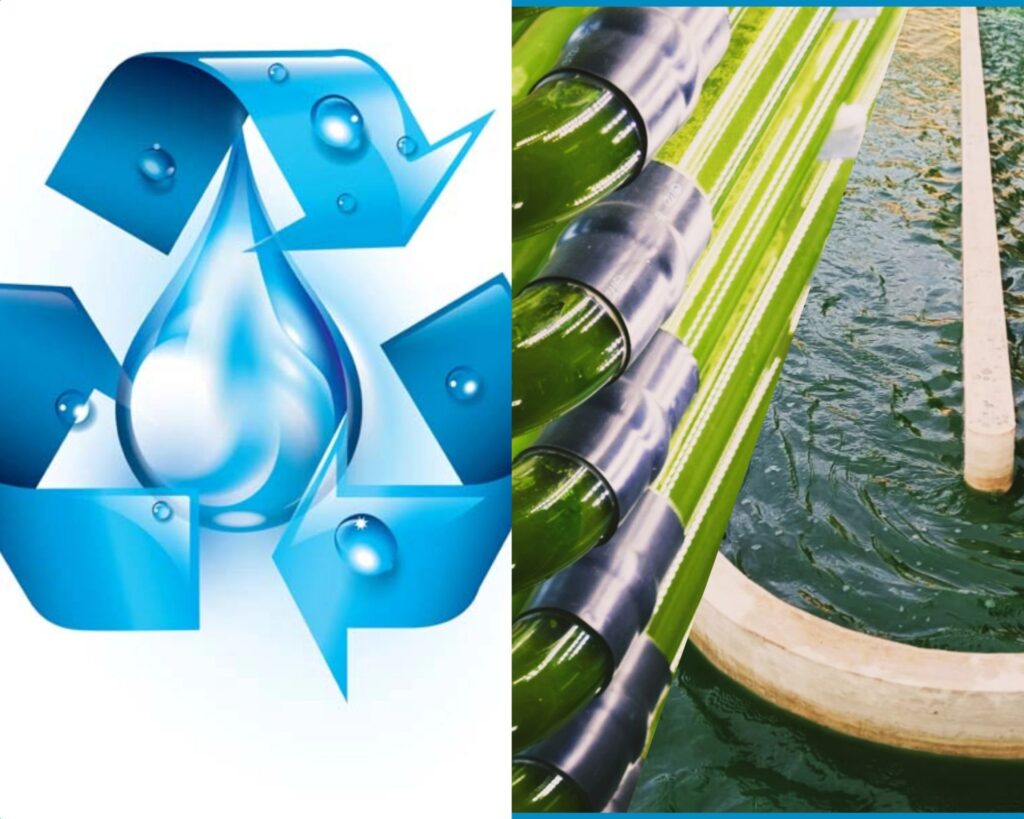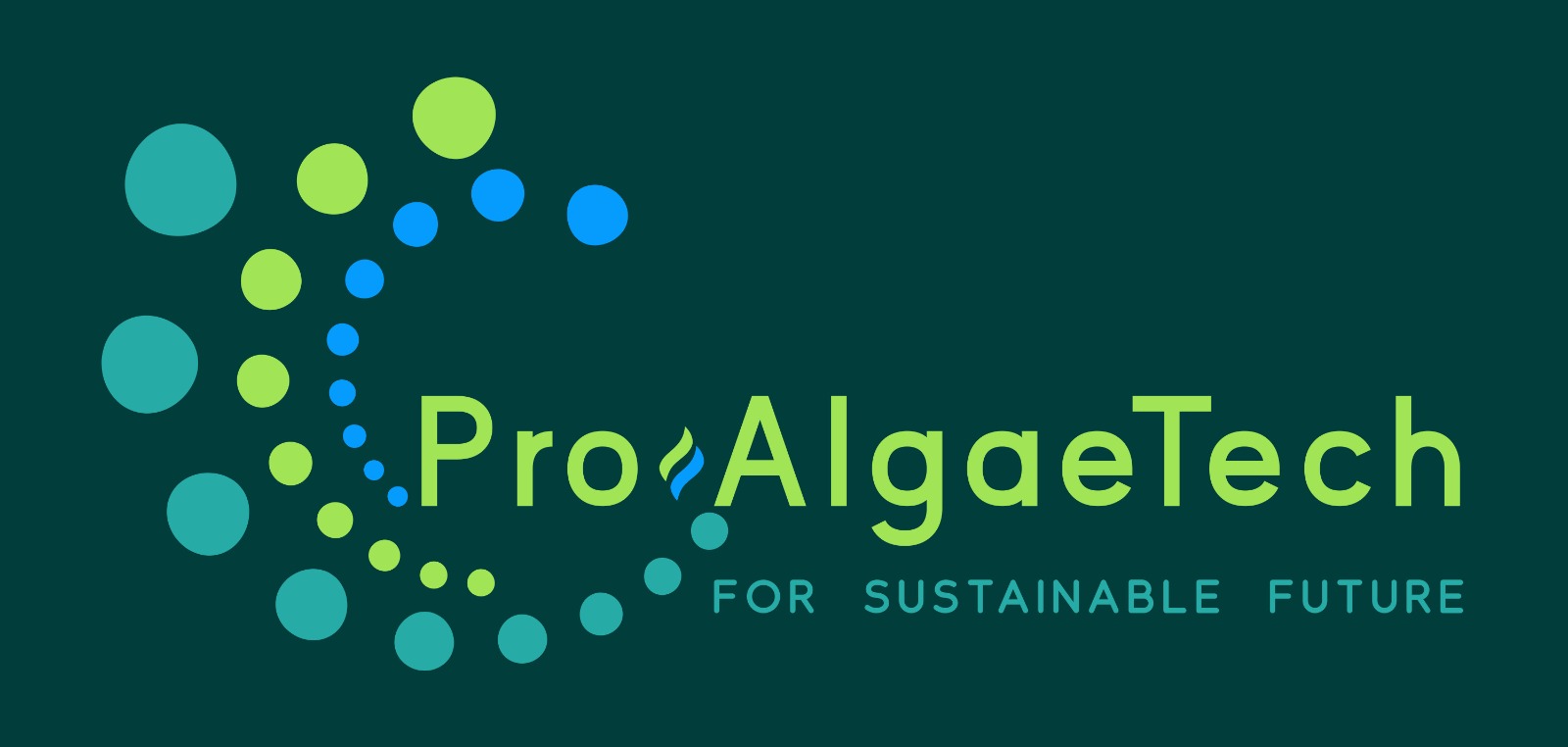
In the realm of environmental conservation and sustainable technology, a revolutionary approach to wastewater treatment is making waves. Recent research has highlighted the remarkable potential of certain algal strains, particularly those rich in phosphorus, to transform wastewater treatment processes. This breakthrough not only promises a greener and more efficient alternative to conventional methods but also paves the way for significant environmental and economic benefits.
📍Natural Pollutant Absorption: The key to the success of these algal strains lies in their natural ability to absorb pollutants, including nitrates, phosphates, and heavy metals, directly from wastewater. This bio-absorption process reduces the need for chemical treatments, which are often costly and harmful to the environment. By harnessing the power of these phosphorus-rich algae, we can achieve cleaner water with a lower environmental footprint, making this approach a win-win for both our planet and its inhabitants.
📍Reduced Operational Costs: Traditional wastewater treatment methods can be energy-intensive and expensive, relying on a mix of mechanical and chemical processes to remove contaminants. The use of algal strains for pollutant removal introduces a cost-effective alternative. Algae require minimal resources to thrive, mainly sunlight and carbon dioxide, significantly lowering operational costs. This efficiency makes the algal treatment method especially attractive for regions with limited resources or those looking to reduce their environmental impact without a hefty price tag.
📍Sustainable Phosphorus Recovery: Perhaps one of the most exciting aspects of using phosphorus-rich algal strains in wastewater treatment is the opportunity for resource recovery. Phosphorus is a critical element for agricultural fertilizers, but its natural reserves are dwindling, leading to concerns over future availability and price volatility. The algae harvested from treatment processes can be used as a biofertilizer, offering a sustainable and eco-friendly source of phosphorus. This not only recycles a valuable resource but also closes the loop in nutrient management, contributing to a more circular economy.
This innovative method aligns perfectly with the global push towards sustainability and environmental stewardship. By integrating these algal strains into wastewater treatment strategies, we can tackle some of the most pressing environmental challenges of our time, including water pollution, resource depletion, and the impacts of chemical pollutants. Moreover, this approach supports the United Nations Sustainable Development Goals (SDGs), particularly those related to clean water and sanitation (SDG 6), responsible consumption and production (SDG 12), and life below water (SDG 14).
The potential of phosphorus-rich algal strains in wastewater treatment is a testament to the power of nature-based solutions in addressing environmental and economic challenges. As we continue to explore and optimize this method, we move closer to a future where clean water is not just an aspiration but a reality, supported by sustainable practices that benefit our planet and its people. This breakthrough is not just a step forward in wastewater treatment technology; it’s a leap towards a more sustainable and prosperous world.

Algae are the diverse and potential organisms for the future economy